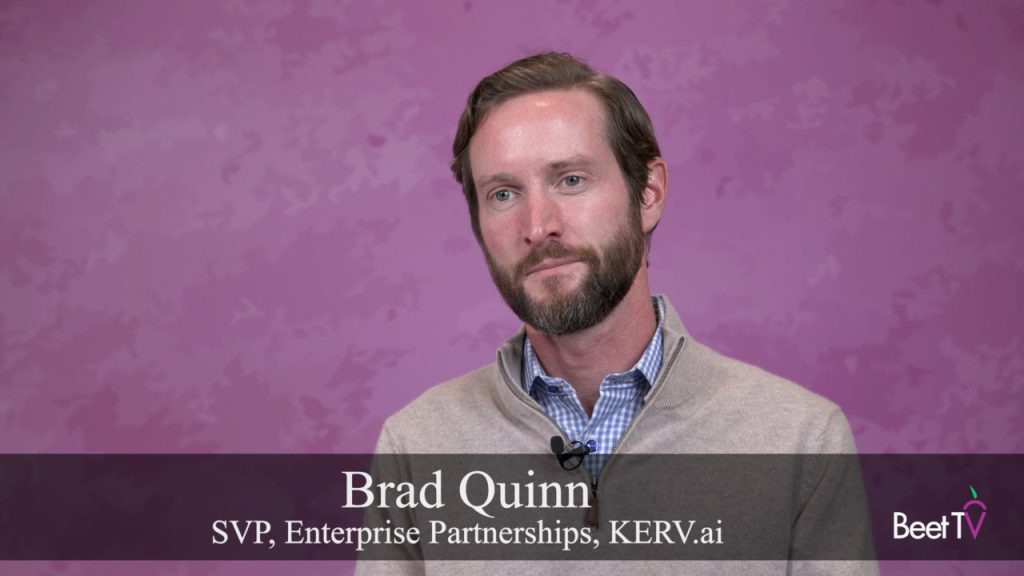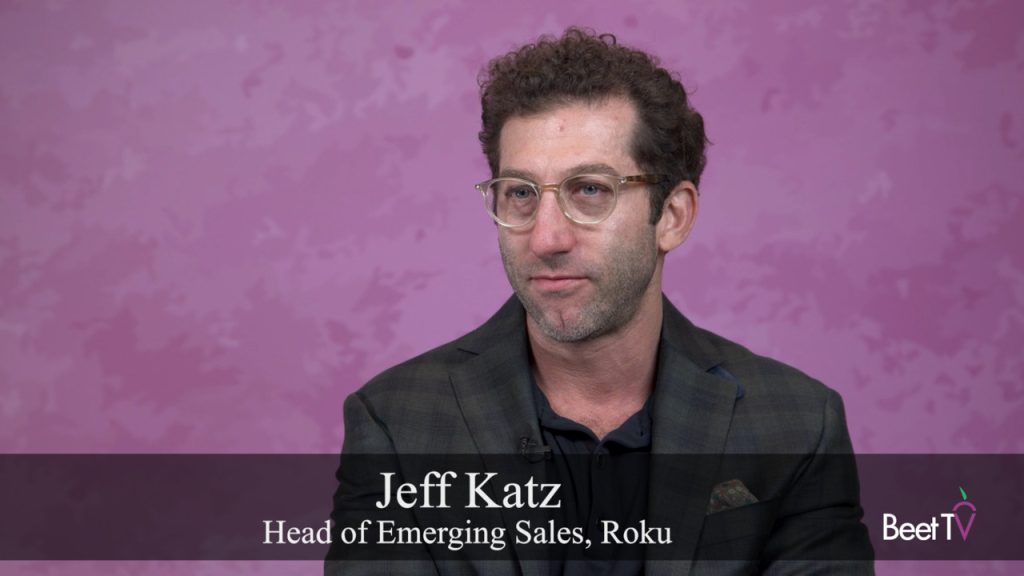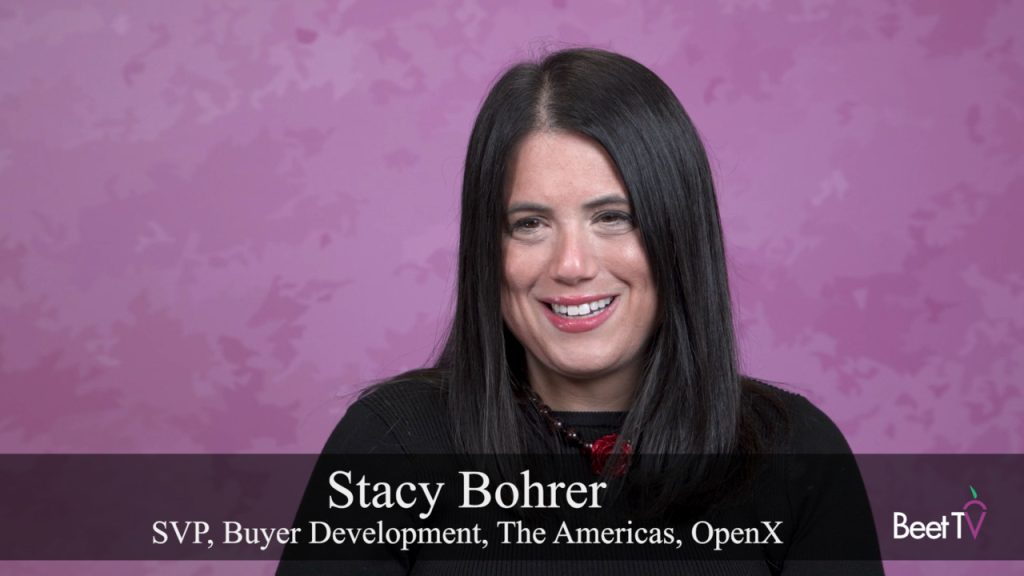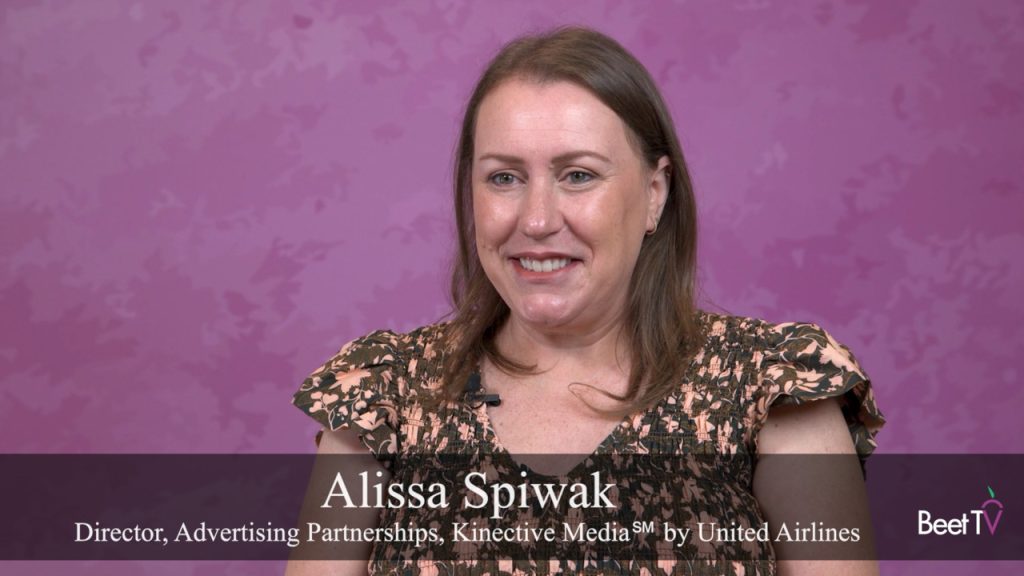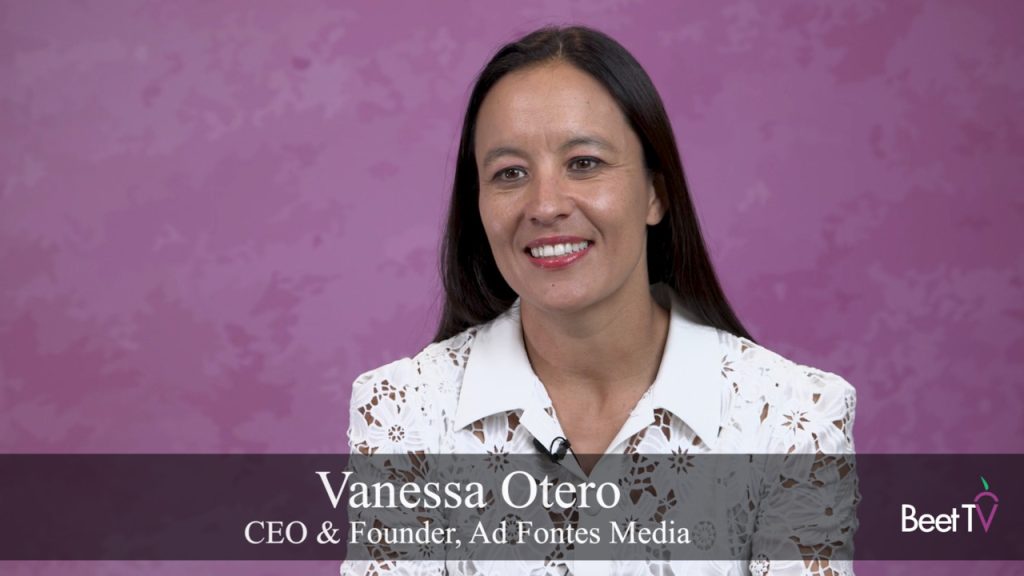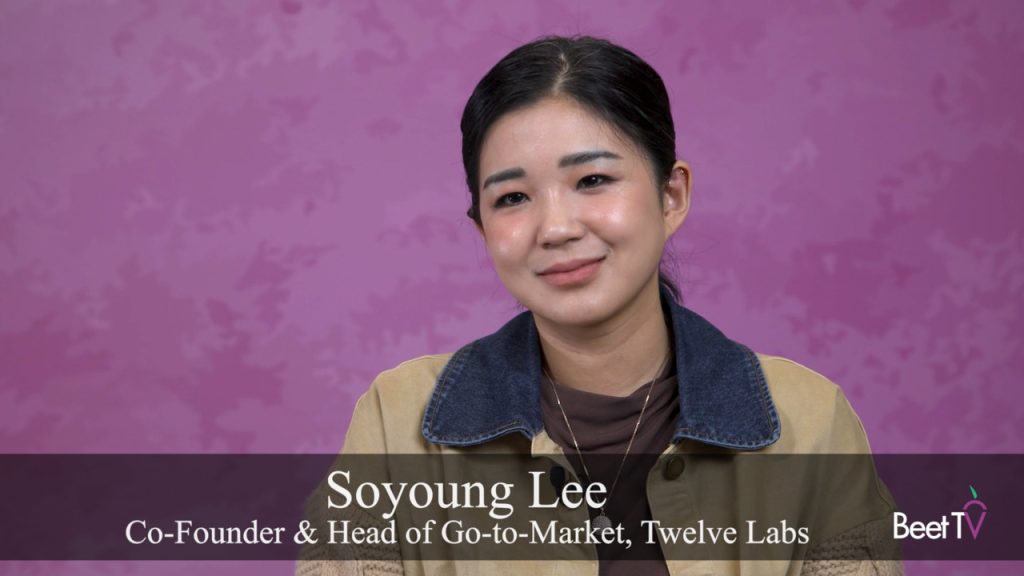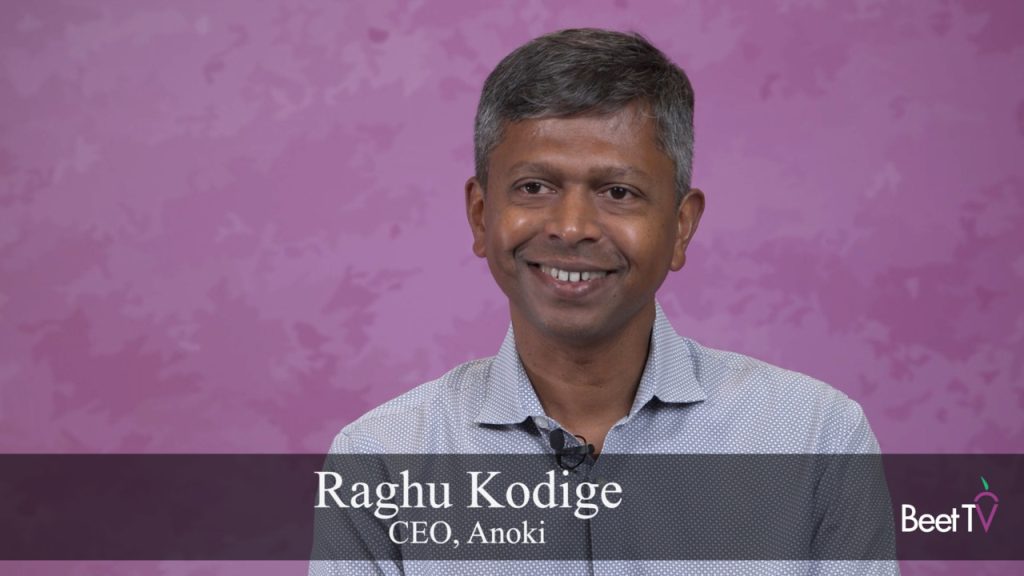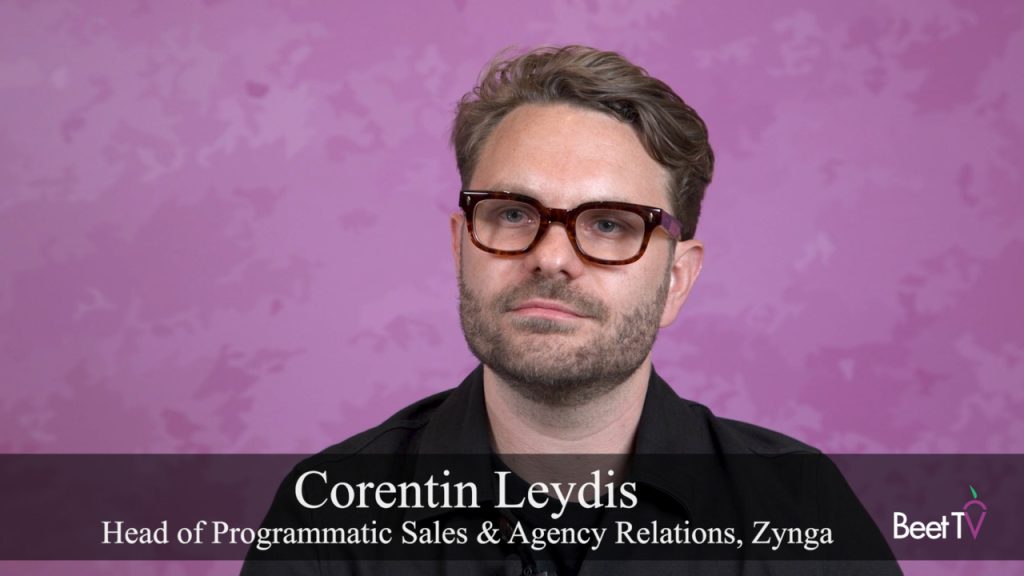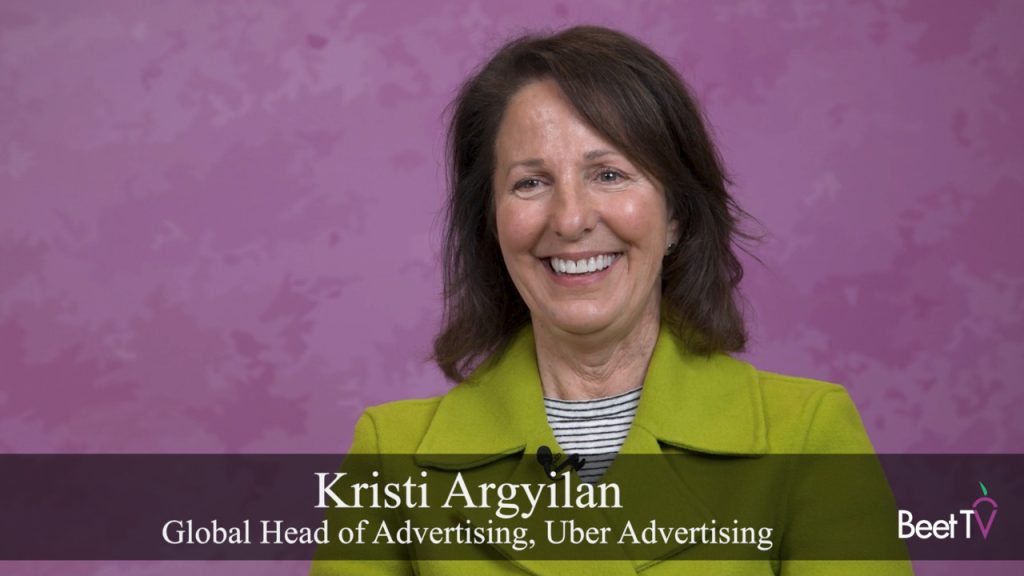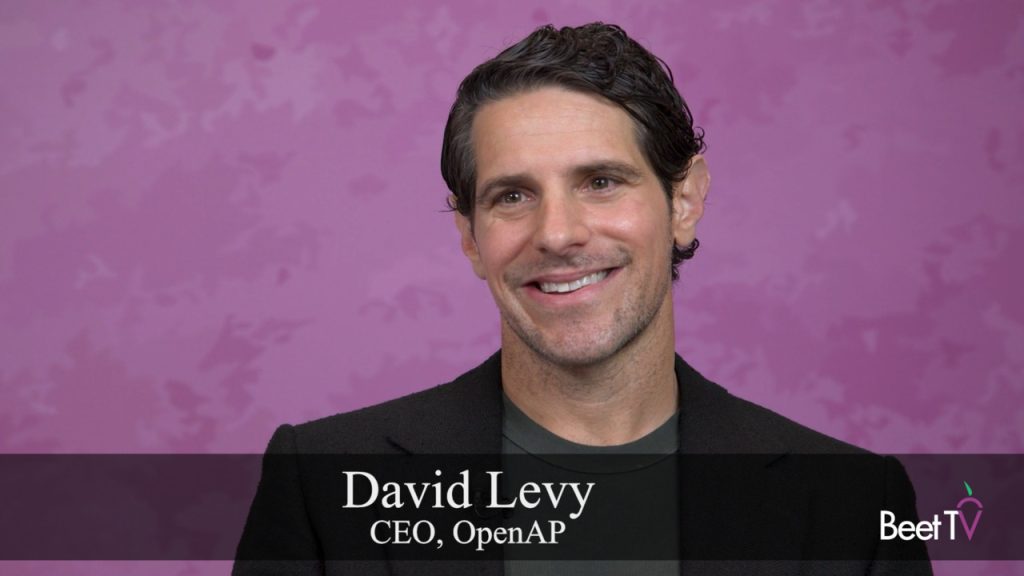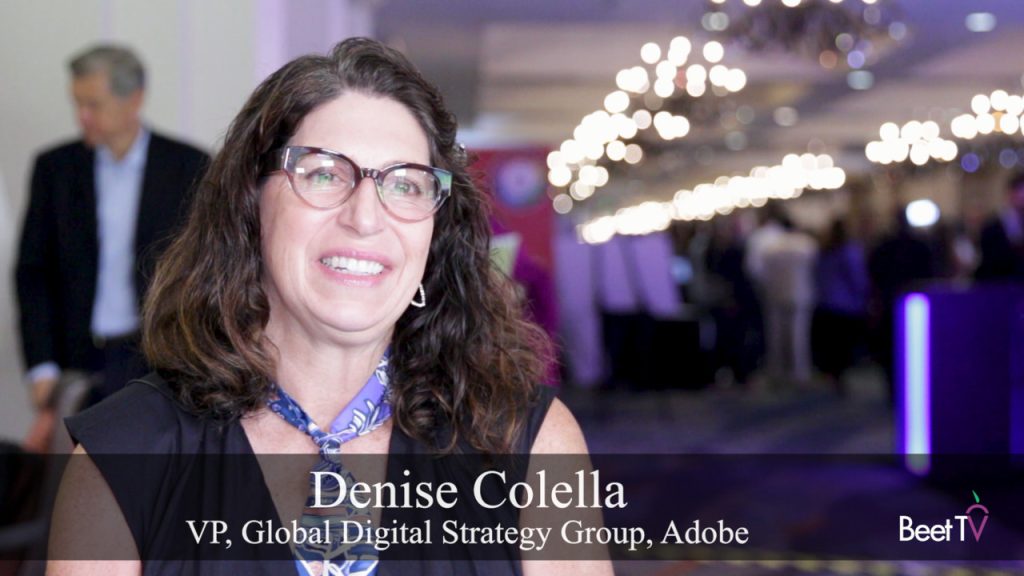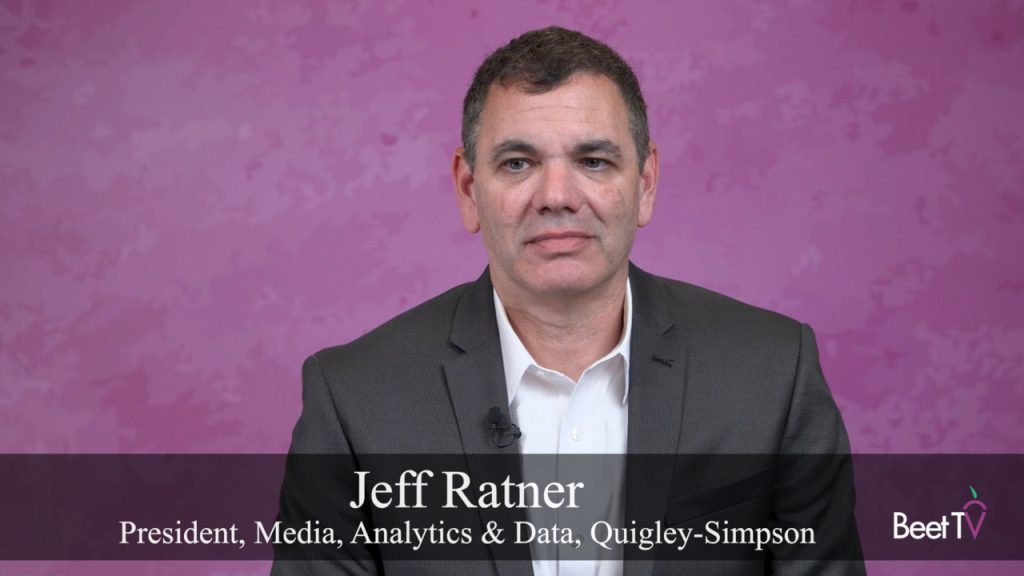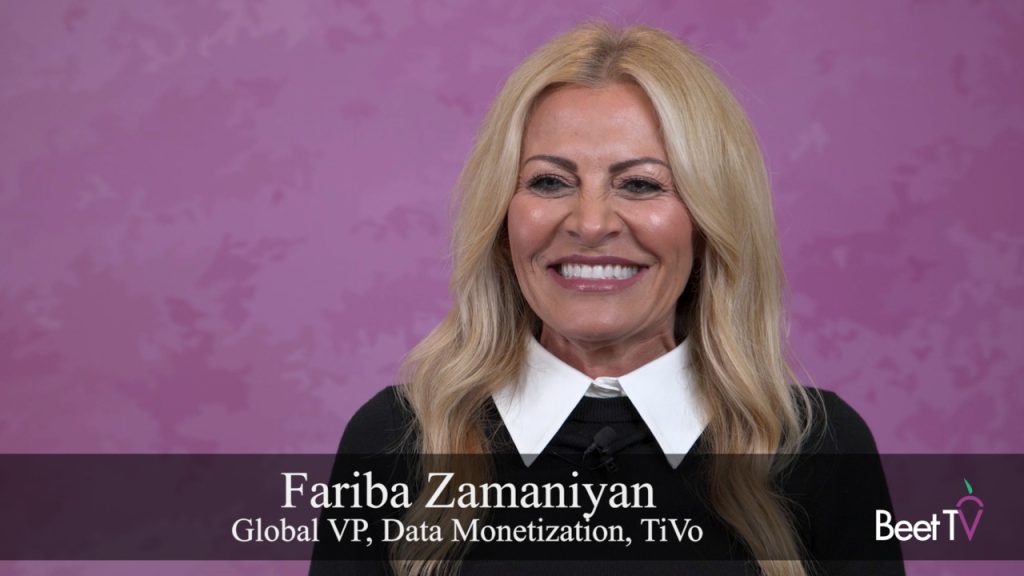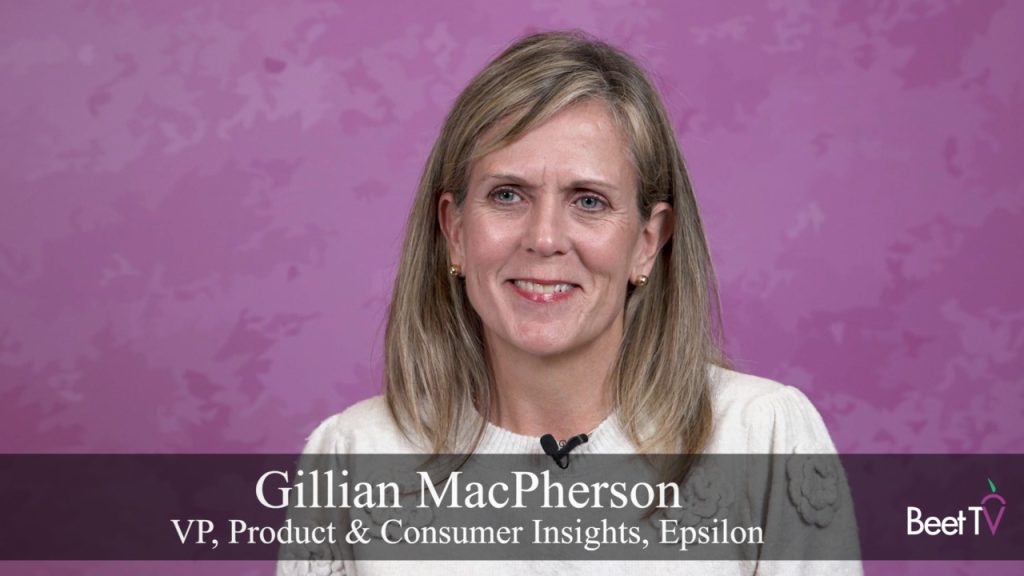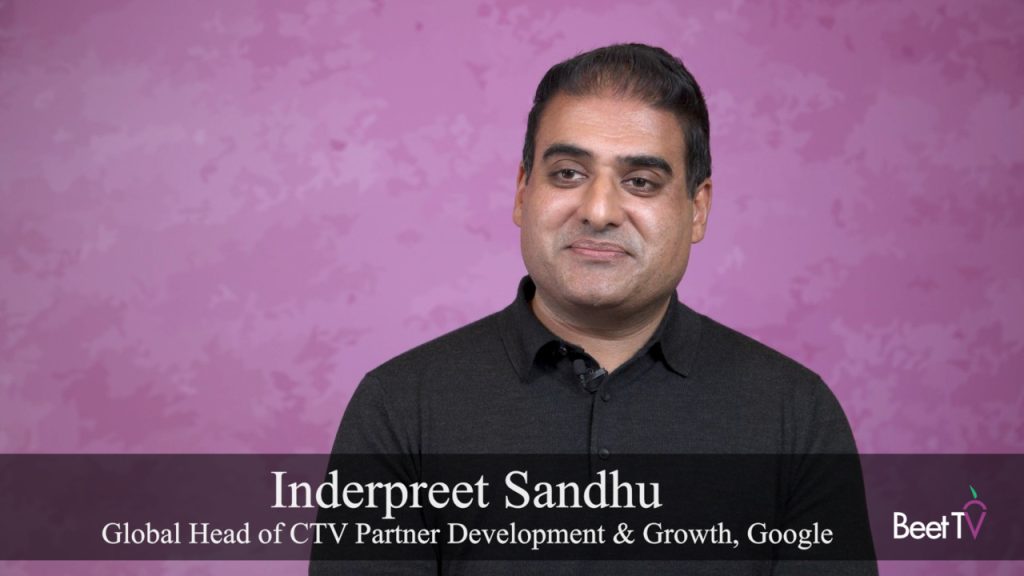SAN FRANCISCO – Samba.tv, the company whose software reports TV viewing behavior from millions of American devices, says it has to change tack to cope with changing privacy expectations.
Launched in 2008 and backed by investors including Mark Cuban, the outfit works by having software embedded on the chipsets of millions of viewing devices which bundle Samba’s recommendation features.
Last month, Samba announced a deal with 605 to leverage the latter’s data set on millions of US households, enabling greater precision in addressable TV ad targeting.
In this video interview with Beet.TV, Samba.TV’s Ashwin Navin explains what is happening.
ACR’s 1P evolution
Automatic content recognition (ACR) tools embedded within TVs and similar hardware listen or watch for viewing behavior, reporting it to service operators.
Until recently, some of the original equipment manufacturers (OEMs) have also been licensing that data out. But, as privacy rules loom, that may be set to change.
“The privacy landscape is shifting very rapidly now,” Navin observes. “It started in Europe, but it’s spreading across the world – basically the regulatory bodies are starting to understand that their consumers care about privacy.
“Consumers are uncomfortable with how far the programmatic advertising world has gone and how the data universe has gone, creating this massive amount of data out there that we don’t, as consumers, really understand or feel comfortable with. So I think it’s safe to say that we’re going to see a lot more privacy regulation in the future.”
Responding to privacy
For Samba.TV, that risk validates its approach of operating its own ACR software embedded on others’ devices.
“It definitely is a sort of a reinforcing mechanism for the investments that we’ve made around building an app on the television, giving consumers complete control over their data footprint, what TVs can generate in terms of data and insight on viewership and, you know, maintaining a first party relationship with the consumer and their data,” Navin adds.
“We’ve never done anything less than opt-in. We’ve always been first-party with that consumer relationship so they can manage it in one place. What’s happening is that the industry that wanted to compete with us and compete with those that have first-party data with other people’s data are now basically having to surrender that data because they don’t have the first party relationship with the consumers and they don’t have, you know, a long-term relationship with the data controller.”
Going full-stack
In previous years, Vizio drew action from regulators for collecting viewing data without users’ consent, whilst Samsung TVs were found to be listening to all surrounding activity without full disclosure. Articles have since cropped up, advising owners how to turn off the features.
In October, Vizio reorganized to integrate Inscape, its ACR business, into its main advertising and content business. Inscape, which has supplied its ACR data to other ad-tech companies, is now no longer independent.
“What we see in the first-party data landscape in response to the privacy landscape is that first parties are going to bring a lot of their data back closer to home,” Navin sees.
“And they’re going to build out more full-stack solutions to bring value to advertisers and other stakeholders replicating a lot of the full-stack capability that Sambas built over the years.



























